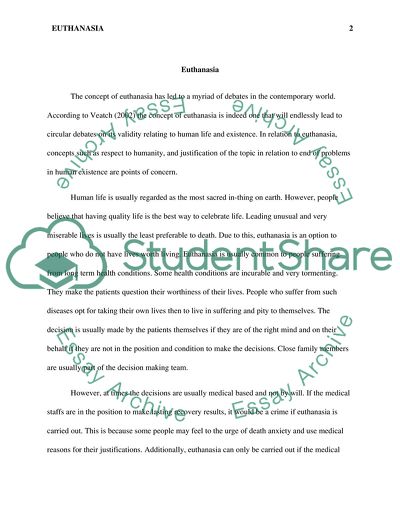Cite this document
(Extraordinary Means Essay Example | Topics and Well Written Essays - 1250 words, n.d.)
Extraordinary Means Essay Example | Topics and Well Written Essays - 1250 words. https://studentshare.org/medical-science/1769707-euthanasia-choice-and-death
Extraordinary Means Essay Example | Topics and Well Written Essays - 1250 words. https://studentshare.org/medical-science/1769707-euthanasia-choice-and-death
(Extraordinary Means Essay Example | Topics and Well Written Essays - 1250 Words)
Extraordinary Means Essay Example | Topics and Well Written Essays - 1250 Words. https://studentshare.org/medical-science/1769707-euthanasia-choice-and-death.
Extraordinary Means Essay Example | Topics and Well Written Essays - 1250 Words. https://studentshare.org/medical-science/1769707-euthanasia-choice-and-death.
“Extraordinary Means Essay Example | Topics and Well Written Essays - 1250 Words”. https://studentshare.org/medical-science/1769707-euthanasia-choice-and-death.


